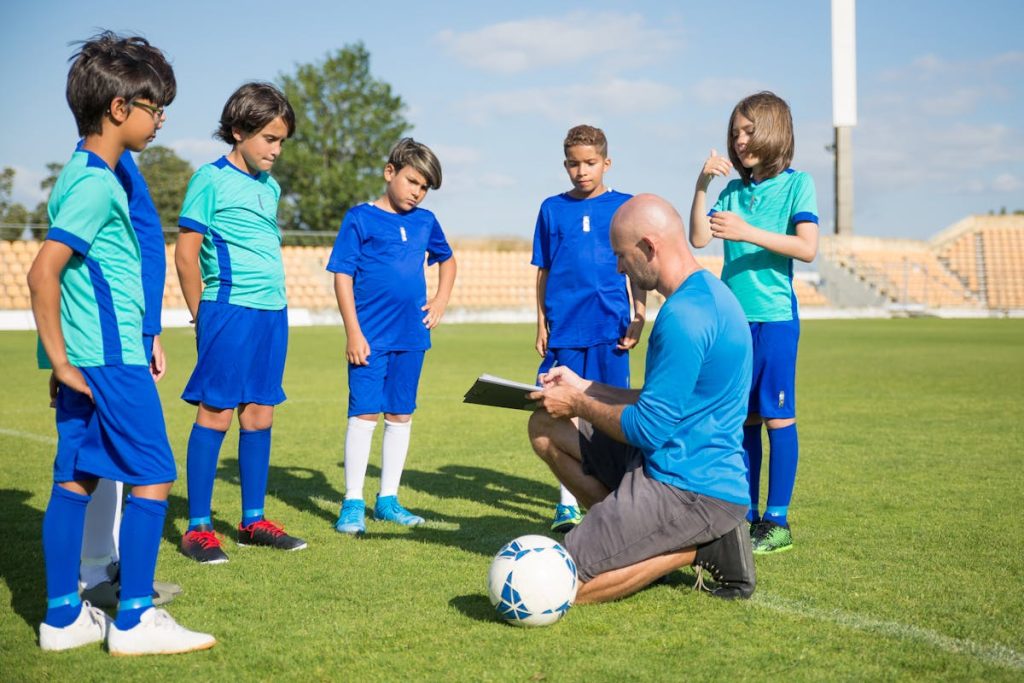
Raising a child who thrives as part of a team is a valuable gift — one that nurtures empathy, cooperation and confidence. In an age where individual achievement often gets the spotlight, teaching children how to work collaboratively is more important than ever. Here are some key ways to help your child grow into a supportive, thoughtful and reliable team player.
Model Teamwork at Home
Like this Oxford independent school, children learn the most from what they see. If you consistently model respectful communication, sharing responsibility and celebrating others’ successes, your child is more likely to adopt those same habits. Whether it’s working together to tidy up the kitchen or discussing plans as a family, showing that everyone’s role matters helps children understand the value of collaboration from an early age.
Encourage Cooperative Play
Play is one of the earliest ways children experience teamwork. Board games, team sports and group projects help them learn how to share ideas, take turns and manage setbacks. Encourage activities that involve group problem-solving or creative collaboration, such as building a den, cooking together, or even putting on a play. These shared experiences help them develop communication and negotiation skills naturally.
Teach the Value of Listening
A true team player knows how to listen, not just speak. Encourage your child to pay attention to others’ ideas and feelings. You can practise this by asking them to summarise what someone else said before responding, or by discussing how different people in a group might be feeling. Teaching emotional awareness builds empathy, which is essential for good teamwork.
Help Them Handle Conflict
Disagreements are a normal part of working with others. The goal isn’t to avoid conflict altogether but to teach your child how to respond constructively. Guide them through tricky situations by asking questions like, “How do you think they felt when that happened?” or “What could you do differently next time?” Supporting your child in resolving issues calmly and respectfully helps build maturity and resilience.
Praise Effort, Not Just Outcome
Rather than focusing only on whether the team won or lost, praise the effort your child put into supporting their team. Recognising behaviours like encouraging others, staying positive and helping someone who was struggling reinforces the idea that good teamwork is about more than just personal success.
Get Involved in Team-Based Activities
From Scouts and sports to drama clubs and group volunteering, there are many ways for children to experience being part of a team outside the classroom. Encourage them to try different group activities until they find something that excites them. These settings offer a natural environment to practise teamwork and learn how their actions affect others.
Raising a team player is about more than preparing your child for school group work or sports matches. It’s about nurturing qualities that will serve them for life: respect, empathy, cooperation and communication. With your guidance and encouragement, your child will not only contribute to the success of any team they’re part of — they’ll help lift others along the way.
